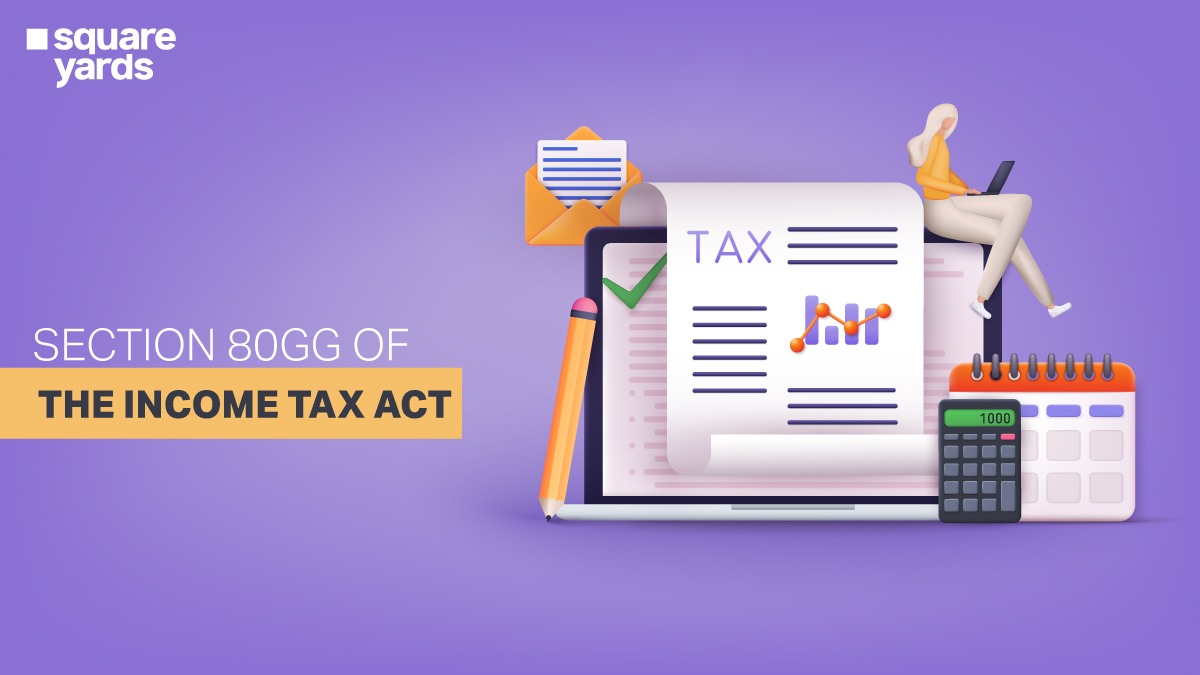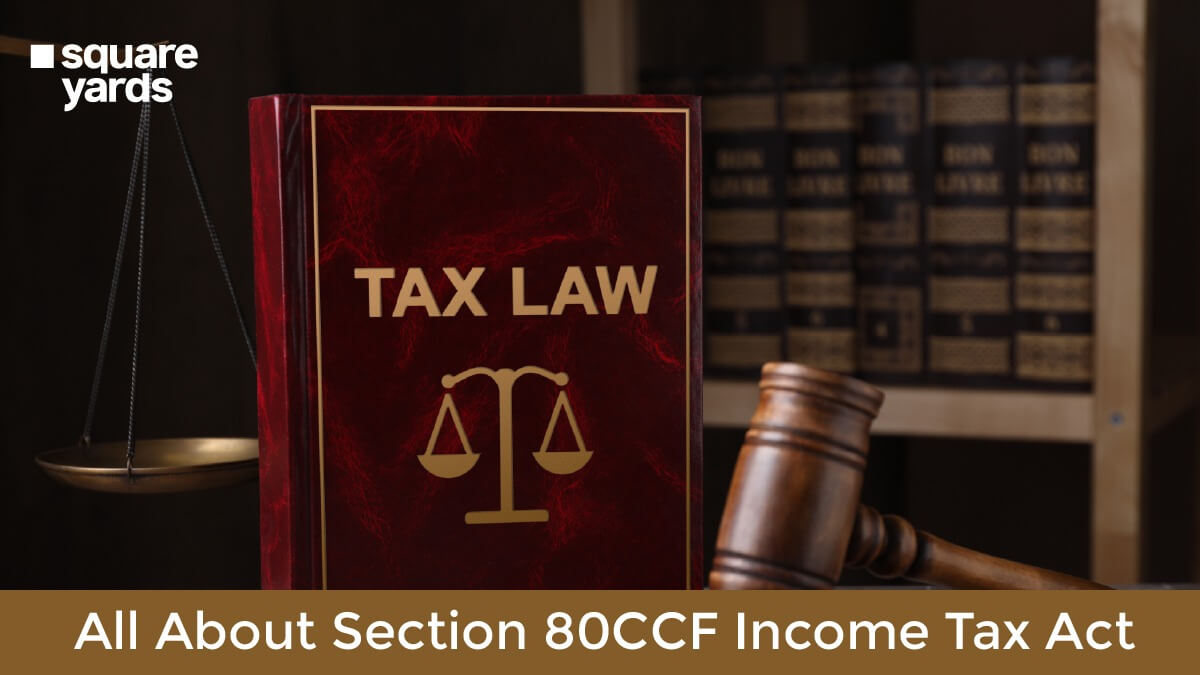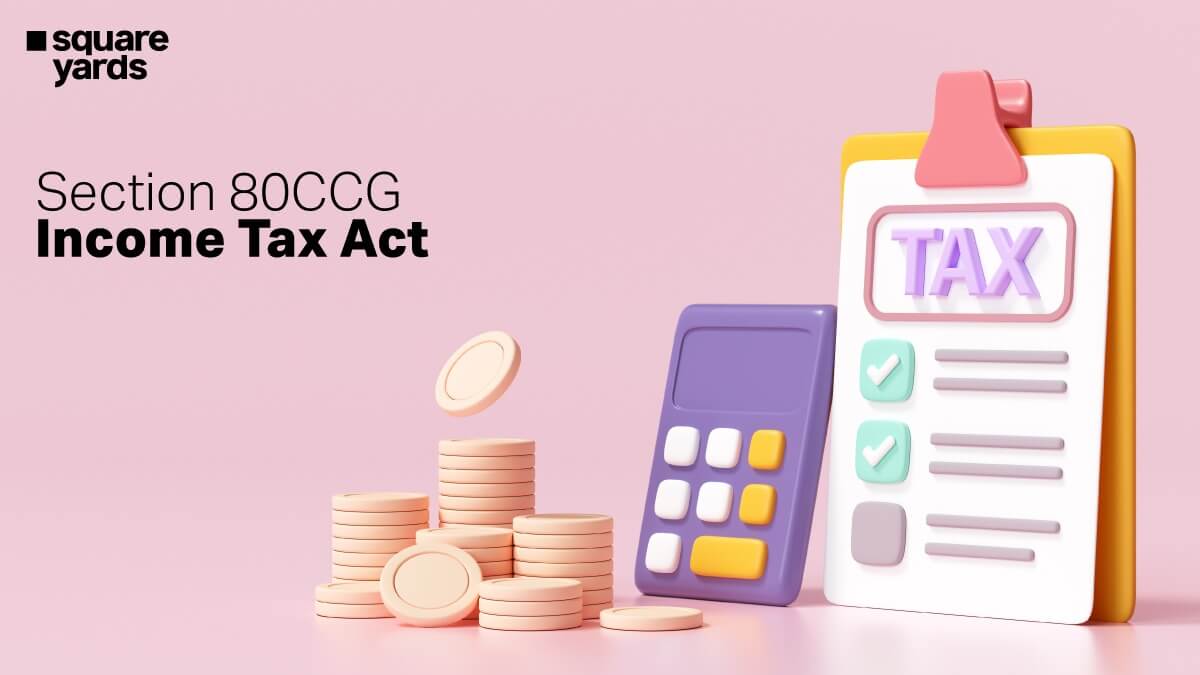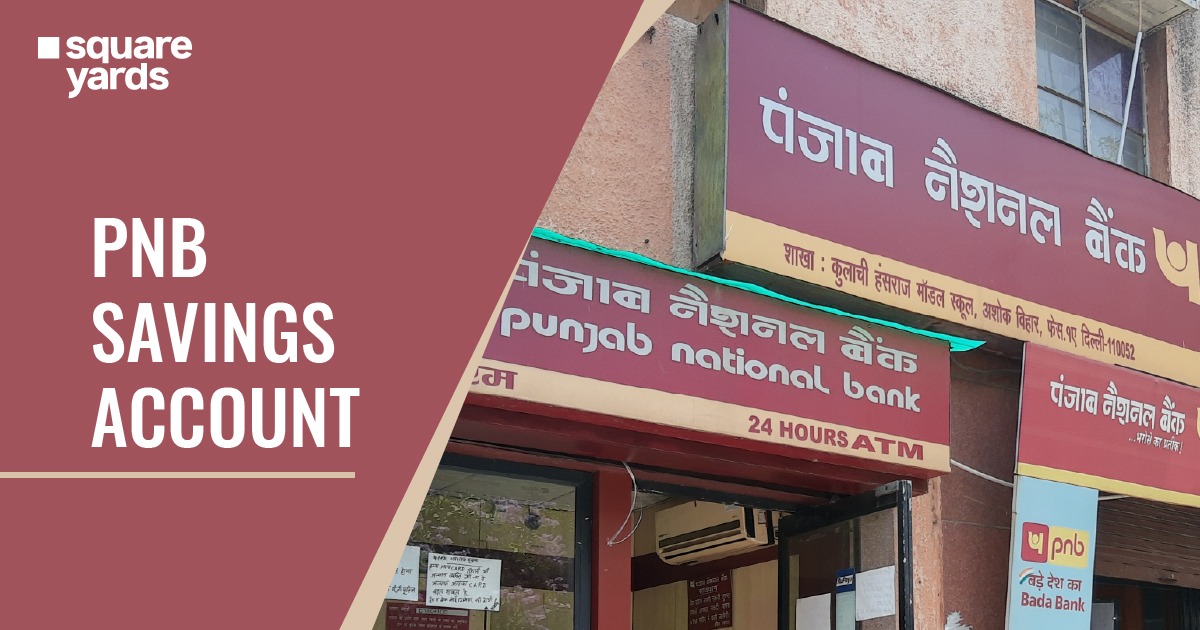Taxes are hard! But you know what’s harder? Understanding the plethora of terms and jargon that comes with understanding taxes! Terms that have to do with income tax can be tough because they sound similar but serve different purposes. Knowing the terms that are frequently used when filing taxes or contacting the Income Tax Department for clarification can make the process easier and provide us with useful information. The most frequently used terms we encounter are PAN, TAN, and TIN. Each has subtle distinctions that can make your understanding of income tax easier.
So, without further delay, let us take you through Understanding the terms of Income Tax and the difference between PAN, TAN, TIN!
Table of contents
Learn What PAN, TAN, and TIN Mean!
PAN, TAN, and TIN are income tax documents that serve different purposes. PAN, TAN, and TIN are acronyms for Permanent Account Number, Tax Deduction and Collection Account Number, and Taxpayer Identification Number, respectively.
PAN, TAN, and TIN are significant records that must be provided for a number of activities, such as filing income tax returns, withholding or collecting taxes, trading, and so forth. Penalties apply to anyone who neglects to apply for a PAN, TAN, or TIN or disobeys the card-based rules.
Additionally, wherever they are required, these documents—PAN, TAN, and TIN—should be explicitly quoted. Furthermore, it’s crucial to comprehend that they are mutually exclusive.
PAN
Each taxpayer and assessee in the country is given a PAN or a Permanent Account Number, which is a 10-digit alphanumeric code that stands unique to each individual. Every individual, and every organisation engaging in economic activity in the country that exceeds a specific financial threshold must have it, according to a requirement set forth by the Income Tax Department.
TAN
The primary function of the 10-digit alphanumeric code commonly known as TAN is to facilitate tax collection and deduction. All organisations that collect or deduct or tax are obligated to have a TAN, which they must reference in their TDS as well as TCS documents.
TIN
Tradespeople and dealers who take part in transactions that are subject to VAT must have a TIN, or Taxpayer Identification Number, which is an 11-digit numerical code. All companies that engage in commerce that is interstate must have a TIN. Individuals should not get confused between the terms VAT and TIN number, which are frequently used interchangeably.
Detailed Difference Between PAN, TAN, and TIN
Difference between PAN, TAN, TIN has been mentioned below in form of a table to easily comprehend the distinctions.
| VARIABLE | PAN | TAN | TIN |
| Agency Issuing the Document | The Income Tax Department of India | The Income Tax Department of India | State Commercial Tax Department |
| Type of the Code | Alphanumeric code with 10 digits | Alphanumeric code with 10 digits | Numeric code with 11 digits.(The state code will be the first two digits) |
| Content of Code | The first five digits are alphabets that represent different types of information, then there are four numbers and an alphabet. | The four alphabets make up the first four digits of a TAN, which is then followed by five numbers and one more alphabet. | TINs are made up of 11 numbers. |
| Goal | PAN serves as a common identifier for financial transactions. | Streamline tax at source deduction and collection | Follow national VAT-related activities. |
| Who should possess it? | Each and every taxpayer and assessee | whoever must withhold or gather tax at source, whether an individual or an organization | Anyone who is a retailer or trader and must pay VAT |
| Laws | The 1961 IT Act’s Section 139 A | The Income Tax Act of 1961’s Section 203A | Acts that apply to TIN vary by state because of these differences |
| Fines or Penalties | Failure to follow the rules can result in a Rs 10,000 fine. | Failure to follow the rules can result in a Rs 10,000 fine. | From one state to the next, penalties differ |
| Form for application submission | Indian Form 49A, Indian Form 49AA (Foreigners) | Form 49B | States have different forms. |
| Application-related documents | A valid ID must be accompanied by proof of address, photographs (if applicable), and age (DOB) | None. When submitting an online application, a signed acknowledgment is required. | Registration proof, PAN proof, owner proof of identity, etc. (The list of documents needed could change based on the state where an entity applies.) |
| How many may a person own? | 1 | 1 | 1 |
| Application fee | If the communication address is inside India, it will cost ₹107, and if it is outside India, it will cost ₹989. | ₹55, plus service tax | Varies depending on the state |
TAN Card Related Articles
| TAN Card | TAN Card Details |
| PAN TIN Facilitation Centre | Know Your TAN |
| TAN Card Status | TAN Card Application |
Frequently Asked Questions (FAQs)
What is a TIN or Tax Identification Number?
The Commercial Tax Department of the relevant Indian state issues TINs, which are 11-digit unique numbers as opposed to PAN and TAN cards.
Who Requires a TIN?
Individual Taxpayer Identification Numbers, or TINs, are used to process taxes and are only available to a select group of non-resident and resident aliens, their spouses, and their dependents who are unable to obtain Social Security numbers (SSN).
What are the Documents Required for a TIN?
The necessary documents differ from state to state because state governments provide TIN. However, you’ll need general documents like identity proof, PAN card for the business owner, proof of residence, proof of the business, company’s address, photographs of the owner the size of a passport, security or a reference, certificate of business entity incorporation and if a company is registered under the Companies Act, its articles of incorporation and memorandum of association to apply for a TIN.
What is TAN or Tax Deduction and Collection Account Number?
A tax deduction account number, also known as a tax collection account number, is a 10-digit alphanumeric number provided by the income-tax department. All individuals who are obligated to collect tax at the source or who are liable for tax at source deduction (TDS) must obtain a TAN (TCS).
Who Requires a TAN Number?
All individuals who are in charge of withholding tax at origin or who are mandated to gather tax at source are required to obtain a TAN.
Can I Hold 2 TAN Cards?
No, you can only hold 1 TAN card. It is a mandate by the government.
Is It True that a TIN is also Called a VAT Number?
The TIN, an eleven-digit number, must be mentioned on all transactions involving VAT.












































